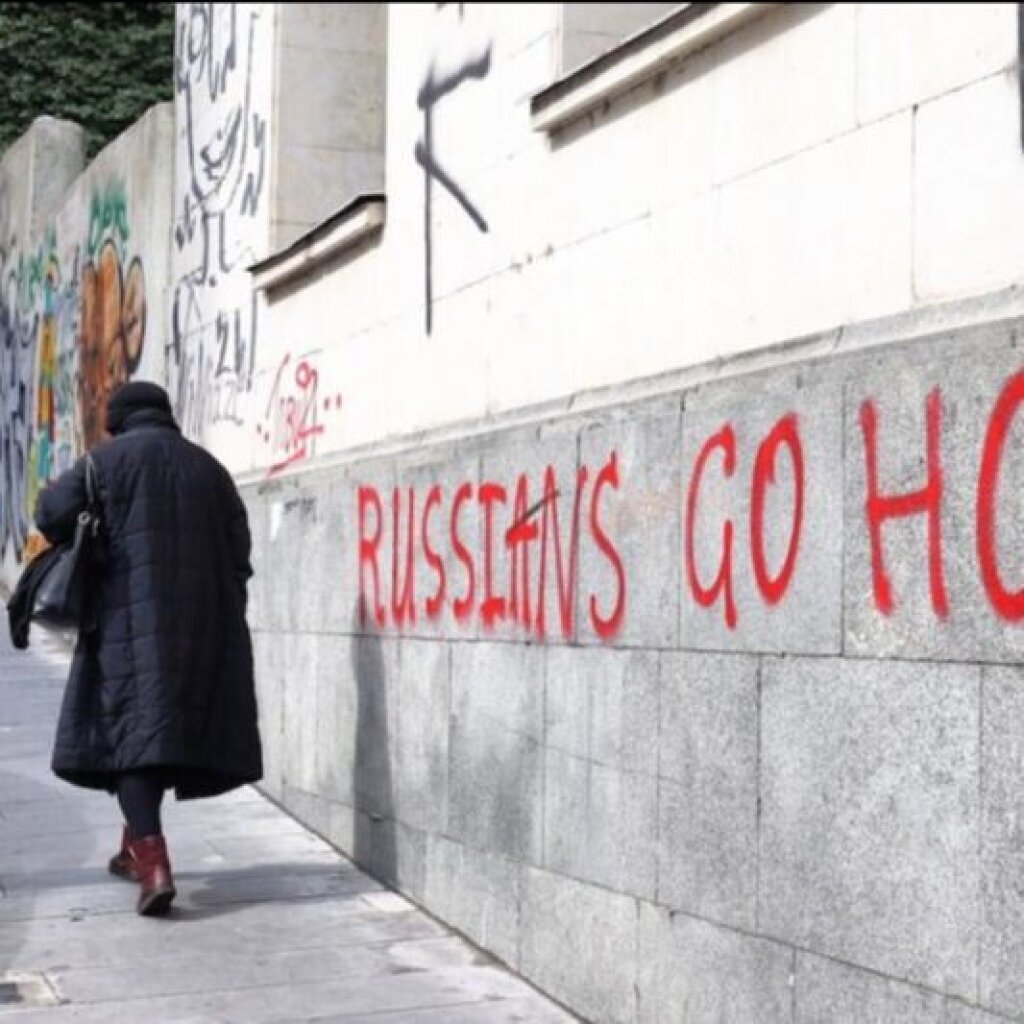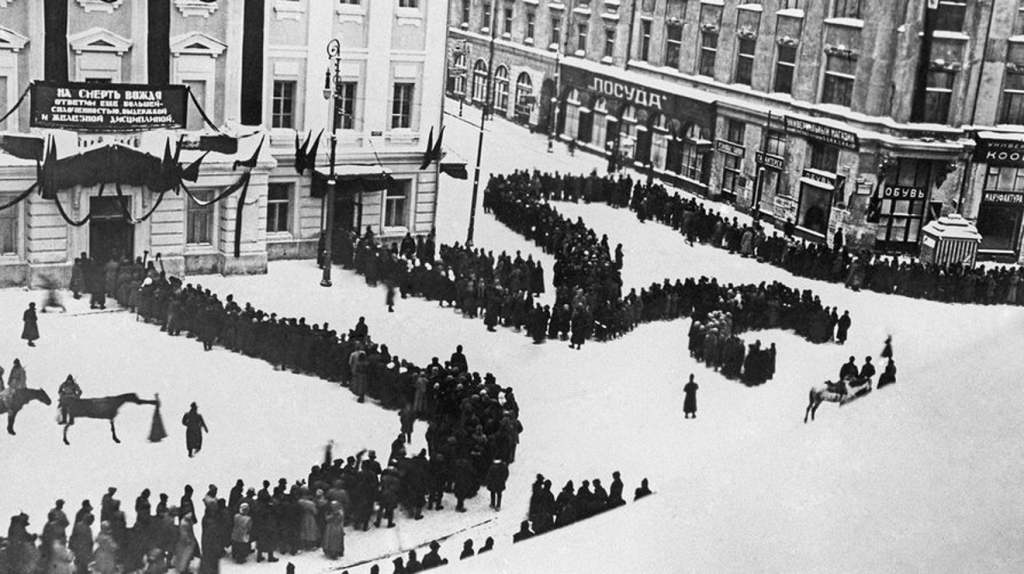Join us for the first 19v seminar of the semester!
Over the course of the 19th century, Imperial Russia’s press underwent dramatic cultural, commercial, technological, and political transformations, evolving from the margins to become a central forum for discussion and debate. The talk examines the emergence of a professional-commercial press and the formation of a reading economy as it expanded beyond salon circles. It highlights the role of the periodical as an abstract medium connecting unfamiliar readers in the Russian empire, part of a process taking place across the global nineteenth century, one in which growing networks of communication and exchange fostered rapid changes in ideas of self and society. The talk also examines the growing engagement of the press in politics as influential editors serviced the interests of powerful political interest groups, competed in fiery public polemics, and steered political debate and decision-making. As we unravel the growing entanglements of press and politics, this talk follows the emergence of the press as a political actor in its own right. The talk invites the 19v audience to consider novel ways in which periodicals were produced and consumed throughout the 19th century. Outlining the abundant opportunities and avenues of research in the press spurred by archival digitization, we introduce a new interdisciplinary community of press researchers - the Gazeta Workshop and its lecture series.
Watch the event recording on YouTube here.



